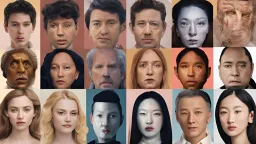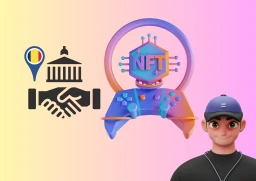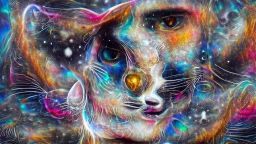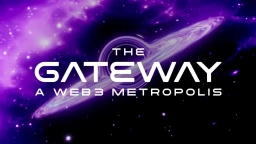In China, more than 1000 songs have AI Voices.
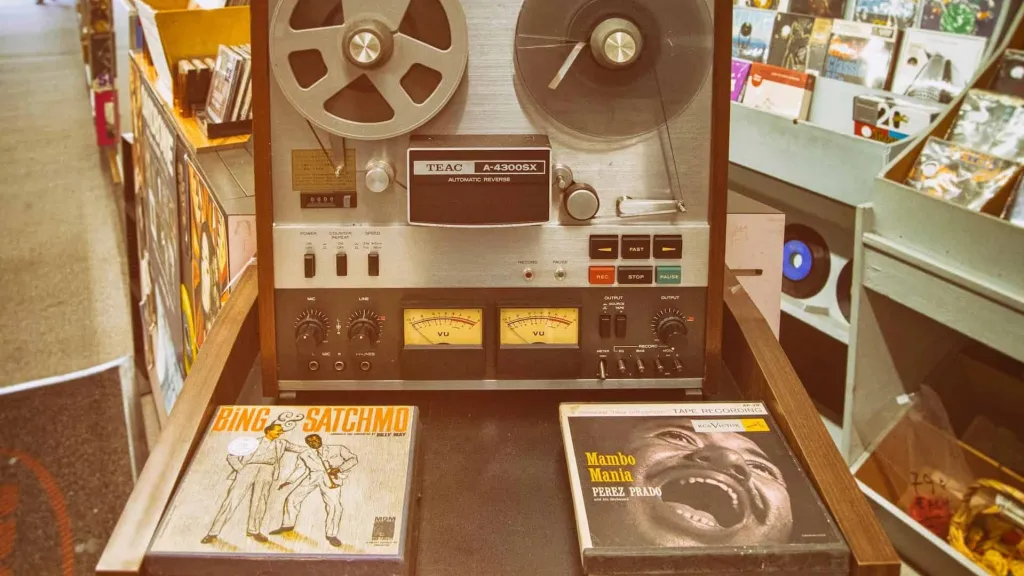
One of the largest Chinese music streaming services, Tencent Music Entertainment (TME), recently disclosed that more than 1000 of its most recent songs were performed by an AI-based voice synthesis system. The artificial intelligence (AI) Lingyin Engine can reproduce original songs in human singers’ voices. The AI Voices were not only welcomed without reservation, but also extremely well-liked.
The Lingyin Engine
Imagine that you are a songwriter who has long wanted Elvis Presley to sing one of your tunes. This is possible using Lingyin Engine; it may sound impossible, but it is real. The AI will perform your song in the exact manner that you like, using Elvis Presley’s synthetically generated voice.
Tencent’s allegations, which are based on an investor release, were difficult to track down or confirm, but if they are accurate, they may significantly alter the music business. These claims should be treated with a grain of salt. However, they’re not that absurd, especially in light of the fact that South Korea is also employing AI to generate songs “sung” by human musicians. Additionally, an AI-powered rapper was signed to Capitol Records earlier this year.
The Lingyin Engine is even more remarkable. Once it has successfully imitated a singer’s voice, it can use that voice to produce a variety of songs in any language and style. This may appear to be the finest commercial prospect to organizations. The ability to create an entirely new spectrum of tunes that were previously impossible would also be made available, but at a price.
Voice artists’ livelihoods are seriously threatened by voice synthesis technology. Consider Tencent’s 1000 AI-voiced songs as an example. If Lingyin Engine hadn’t been accessible, the firm would have needed to engage hundreds of singers to record the 1000 tracks.
As AI singers become more prevalent, human singers may soon begin to copyright their voices. This could happen since emerging technologies like Lingyin Engine could quickly render them obsolete. It won’t ever require a vocalist to produce a song once it has the singer’s voice sample in its database.
The Rising Demand of AI Voices
The Seoul, South Korea-based audio technology business Supertone claims to have developed the first AI-driven speech synthesis system. In October 2021, Hybe Corporation paid a stunning $32 million to buy it. There are suspicions that Hybe could employ Supertone’s AI to make songs in the voice of the well-known K-pop band BTS. Currently, the band members are away finishing their conscription to the military. This is because Hybe also owns the band BTS.
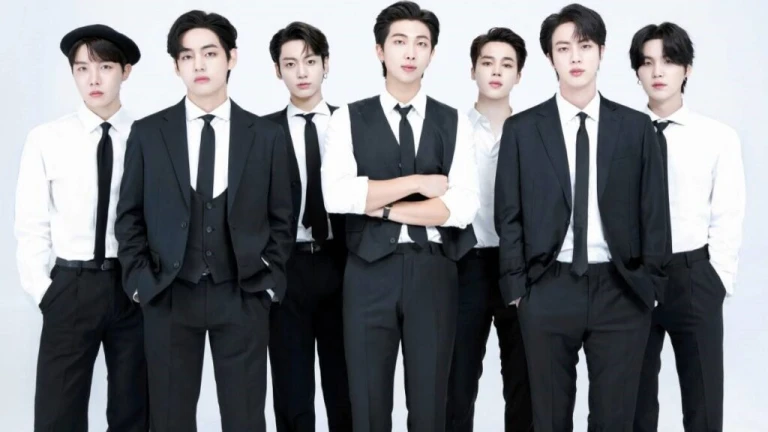 BTS
BTSTikTok, a well-known platform for posting videos, also has aspirations to create sophisticated machine learning models. These models could produce audio and speech synthesis. TikTok intends to engage in “leading-edge R&D in fields like speech & audio, music processing, natural language understanding, and multimodal deep learning,” a company official told MBW.
TME is currently busy releasing songs in the robotic voices of popular Chinese artists. Additionally, the Lingyin Engine is scheduled to process a number of tunes and ideas. The engine is undoubtedly skilled at imitating singer voice. It had access to 1000 AI songs before the business made a public statement about them. No one among the 587 million users who are actively using the service has ever written or mentioned that they are listening to a synthetic voice. It was evidently impossible for the users to tell the difference between genuine voices and AI ones.
Follow us on Instagram: @niftyzone



